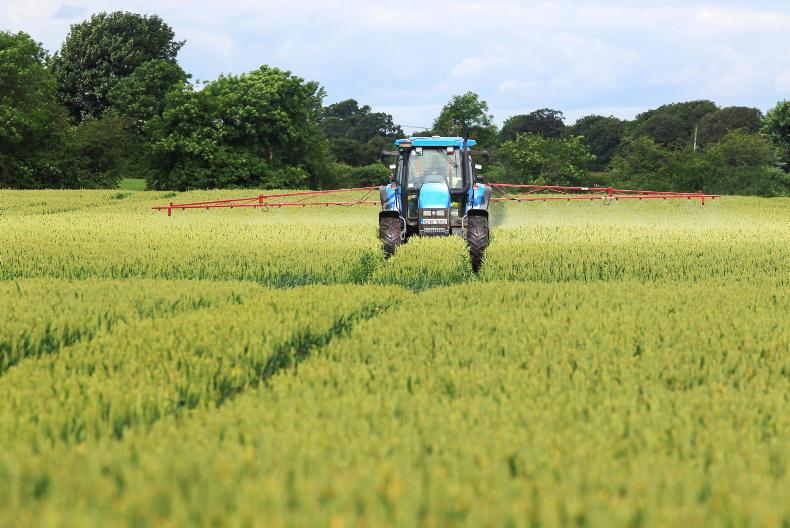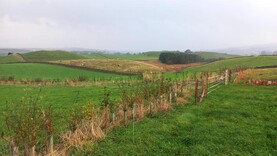The report, entitled Brexit: challenges with solutions was published by IBEC on Monday and says that agriculture and farming remains one of the most exposed industries from Brexit.
The report has been published on the day the Brexit negotiations commence.
“Agri-food is our largest and most exposed indigenous export sector. Over €4.3bn annually is spent on purchases from primary producers. A further €2.1bn is spent on compensation of employees in the sector who primarily live in rural locations. There are 230,000 people employed directly and indirectly in the agri-food supply chain and 40% of its exports (€4.4 billion) go to the UK,” the IBEC report said.
"Any EU-UK deal must recognise the unique economic and political challenge for Ireland" Ibec CEO Danny McCoy at Brexit Solutions launch
— Ibec (@ibec_irl) June 19, 2017
The reports adds that “the total number of jobs reliant on agri-exports to the UK could be as high as 65,000. Of this, over 8,000 jobs are in the food manufacturing sector”.
Using this context on the critical importance the UK has for Irish agriculture and farming, IBEC focusses closely on how food standards must be maintained post-Brexit.
Based on EU laws, “an agreement must be in place between the EU and a third country to import goods into the EU. Even with an agreement in place, there are onerous obligations on those exporting into the EU to meet the EU standards required. This includes inspection of premises and acquirement of approved premises status as well as inspections at the border”.
The report states that due to the fact that there is no external EU border between the UK and the post-Brexit EU27 there are no approved premises in the UK, including Northern Ireland.
This, according to IBEC, “presents significant uncertainty as to how such standards will be applied post-Brexit” and to avoid “the cliff edge scenario in trade in agricultural products, it is critical that early consideration in EU-UK negotiations is given to the application of official food and feed controls on EU-UK trade”.
"Having the closest possible arrangement with Britain is critical" says Danny McCoy @ibec_irl @farmersjournal pic.twitter.com/PdGoTE80qE
— FJ AgriBusiness (@FJAgribiz) June 19, 2017
How to address this
To avoid food products which are below the standards produced in Ireland and the rest of the EU making their way into the UK, IBEC says any free trade agreements (FTA) must include equivalent standards.
“Any new FTA must involve maximum collaboration on standards and minimal divergence in the application of such standards into the future to ensure minimal disruption to trade and production.
“To avoid disruption, the application of standards across the island of Ireland will demand special consideration and tailored solutions. Prior to the conclusion of an FTA between the EU and UK, the continuation of the seamless production, sale and consumption of food and agricultural products by way of a transition agreement will be essential.”
Comment
IBEC director Danny McCoy said the report has been created to shift the focus away from politics and on to how employers and businesses will adapt to Brexit.
“The closest possible EU-UK economic and trading relationship into the future is in everyone’s interest.
"The IBEC report aims to help shift the debate from political posturing to pragmatic solutions, but the way forward remains unclear.
Brexit is the greatest threat to Irish agriculture in our lifetime - Healy






 This is a subscriber-only article
This is a subscriber-only article










SHARING OPTIONS: